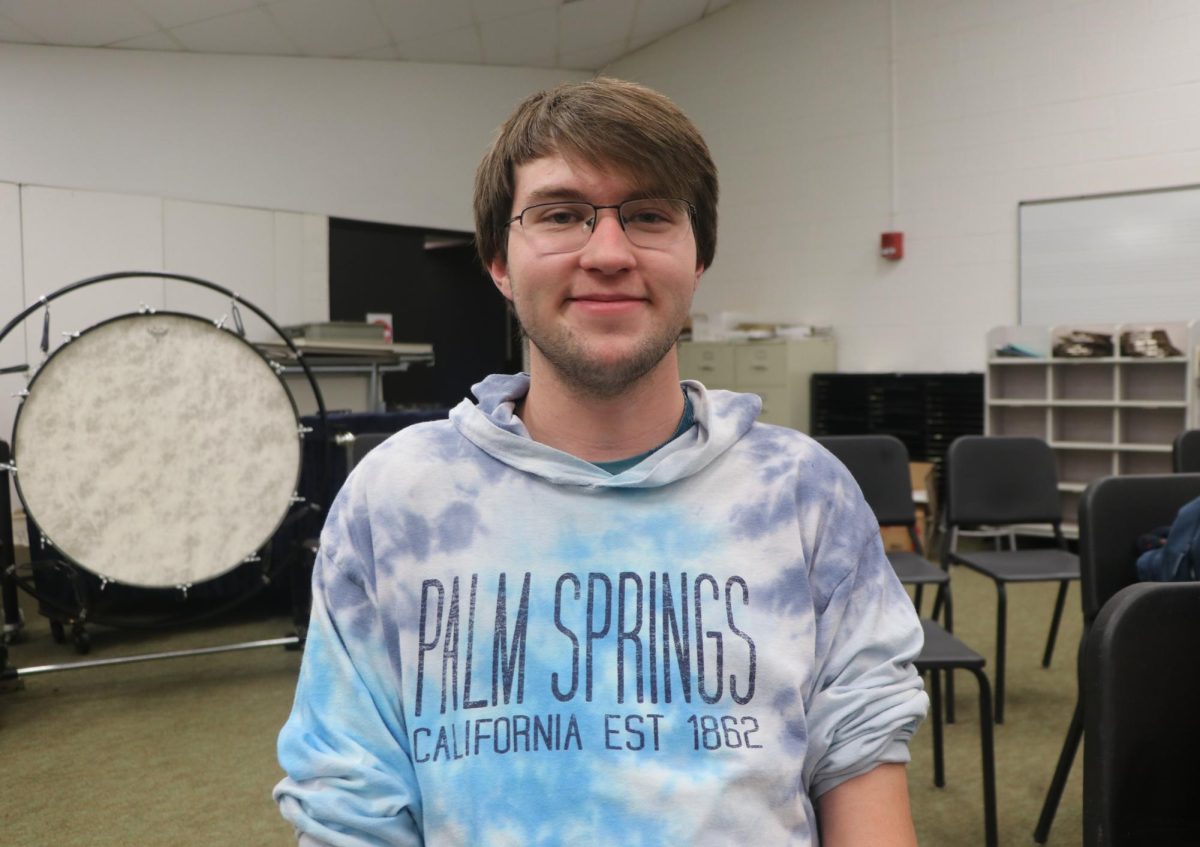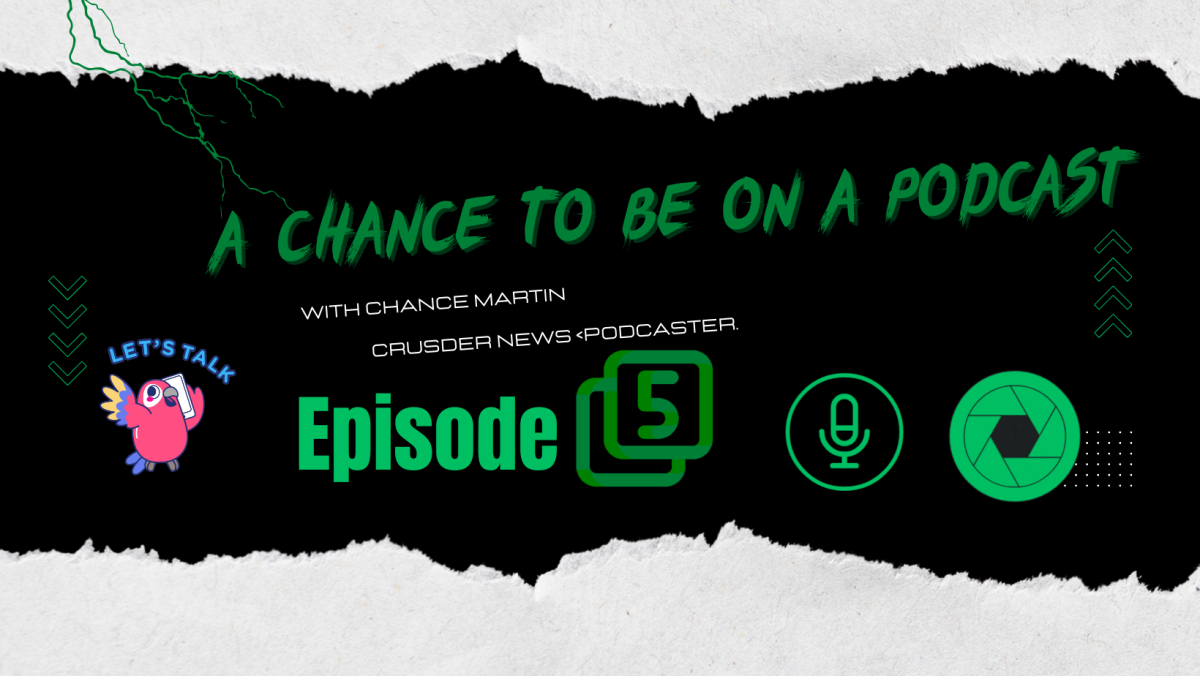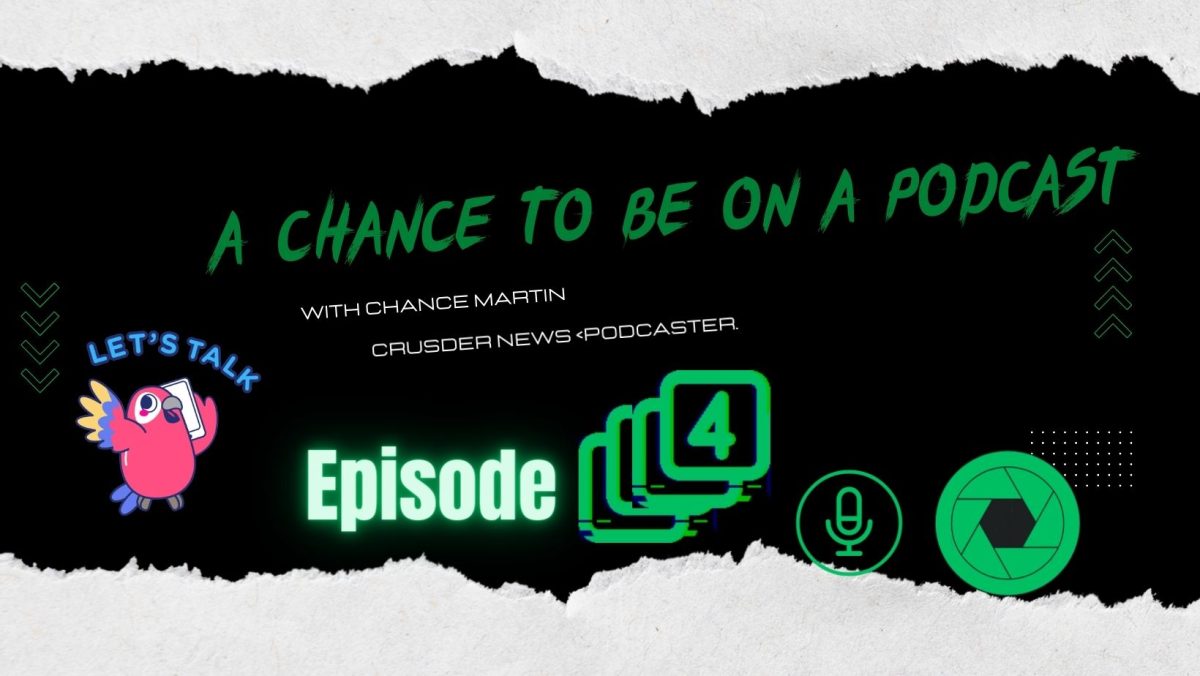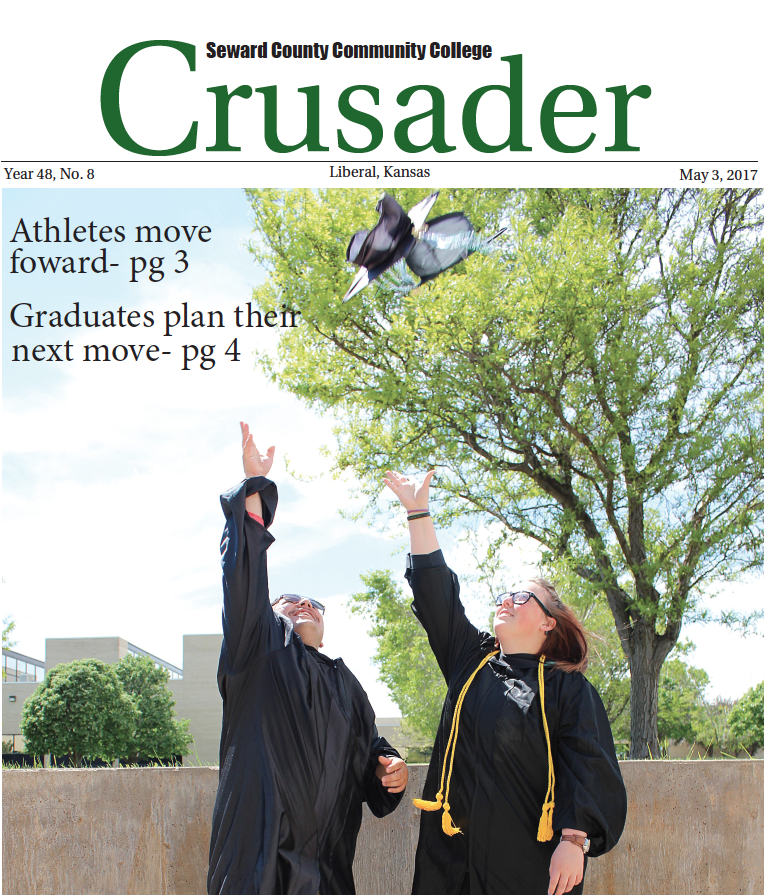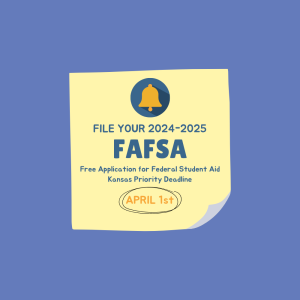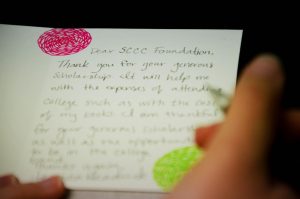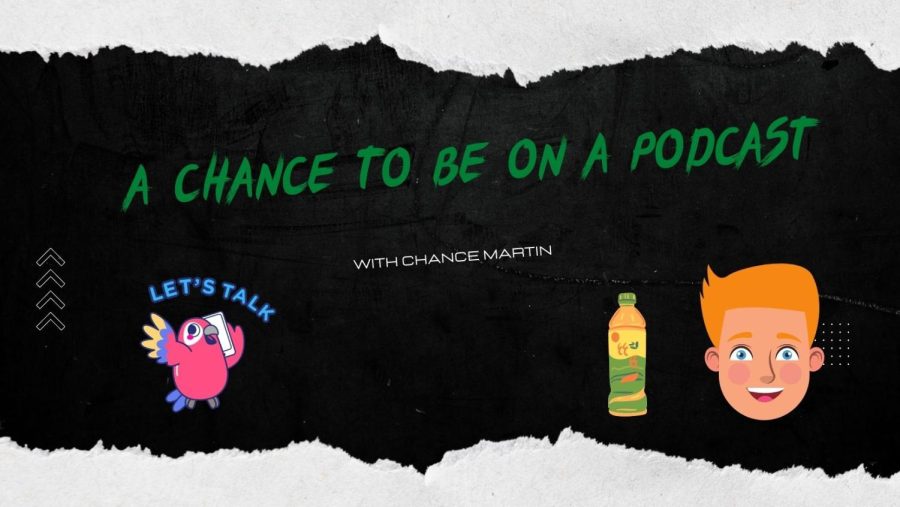College homework can be overwhelming for even well prepared college freshmen. Endless all nighters, unfinished projects, tests, pop quizzes and group projects are just part of the curriculum for most college student’s experience. As technology progresses and as college courses modernize, it is becoming easier to find study guides, private tutors, solutions manuals and course based materials: with some of those progressing into full online services. With sites like Chegg, StudyBlue, Course Hero, Koofers and SparkNotes, the line between a study tool and cheating can become muddled for students and instructors. During my time in college, I’ve used sites and apps like StudyBlue and Evernote to make flashcards, share notes and collaborate with classmates. Sites that provide course material online for students are going to be an issue for some but for now they are here to stay. It is easy to see both sides to this dilemma. There are students who will use these sites as crutches to cheat or as means to go through college without any true merit. Chegg and Course Hero offer online services that help students work problems step by step and work with an online tutor if they need to on course work. Obviously for the lazy and shallow, these sites are an easy way to make it through college courses for just a few dollars a month. But these sites are amazing resources for students who want to understand homework problems, master what they are learning, who don’t have time to meet with an instructor or who just simply need help. The student handbook at Seward is clear on what constitutes cheating, stating several clear examples. Plagiarism, unmarked citation, sharing exam work, providing or receiving aid on a take home test without permission from the instructor or receiving help on a assignment that in a manner that would be considered unethical by a reasonable person. This places students at the forefront and makes them accountable for their own actions. Instructors also have to understand that students are living in the information area. Yet if a person cheated his or her way through school and knowingly received a degree, is that degree truly worth the equivalent of a degree a student earned through non-erroneous methods? These sites are no different than buying a solutions manual that is usually published and sold by the same companies that make our textbooks. Any student that has taken a truly difficult science or math course can confirm that occasionally a solutions guide or help is needed to finish problems that would otherwise be finished in the wee hours of the night. There are students who take 15 credit hours each semester, work 40 hours a week, have clubs and family to deal with and at the end of the day still have to complete a set of homework problems that are due at midnight. I could probably never read “Ulysses” without going onto SparkNotes to understand what I just read. I’m not defending cheaters — far from it, but I am in favor of student using whatever resource is available to better their educational experience.
Headlines
- Review: Green Kukki and Tea
- Navigating FAFSA: A Brief Guide to Financial Aid Success!
- First graders learn about agriculture on Farm Education Day
- International Women's Day
- Local Boy Scouts earn merit badges at SCCC
- Crusaders explain importance of press freedom on Student Press Freedom Day
- Saints on the Street: What is your ideal Valentine's Day?
- Valentine's Day Recipe: Easy Mug Brownies
- Ryle Riddlespurger

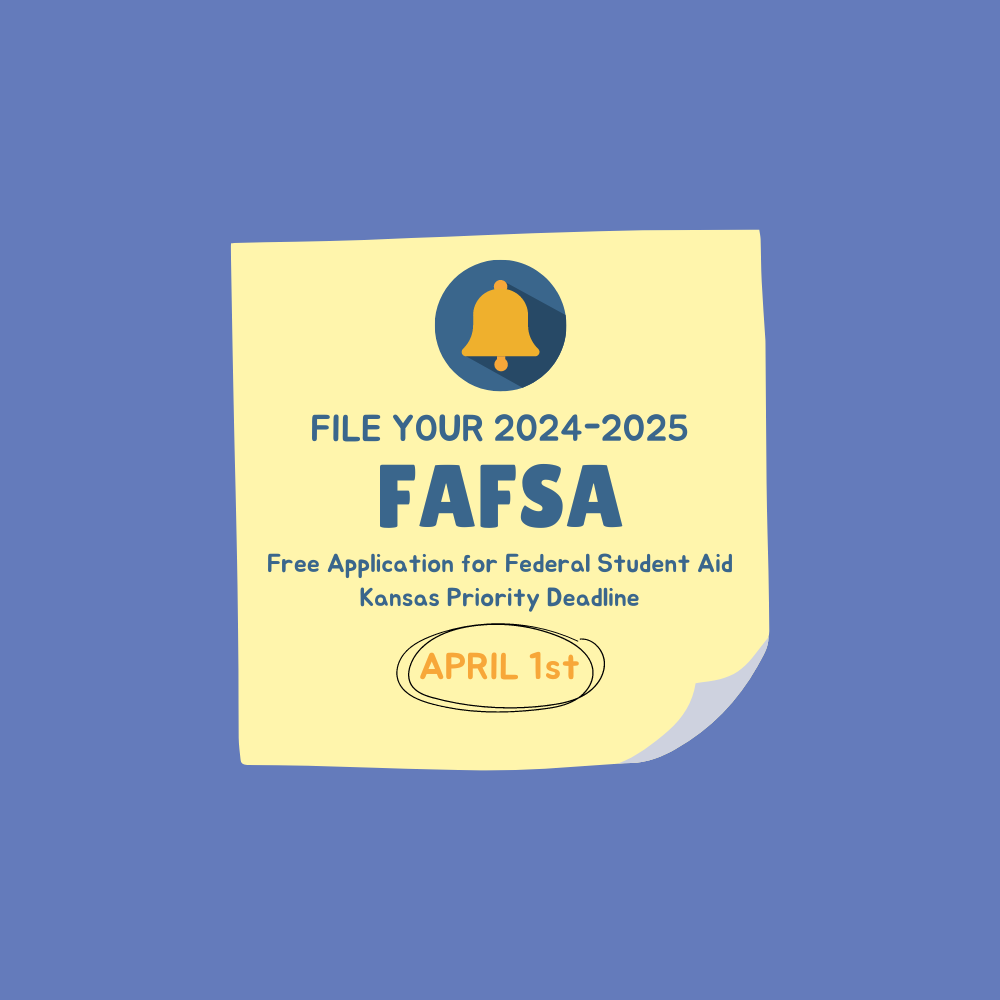
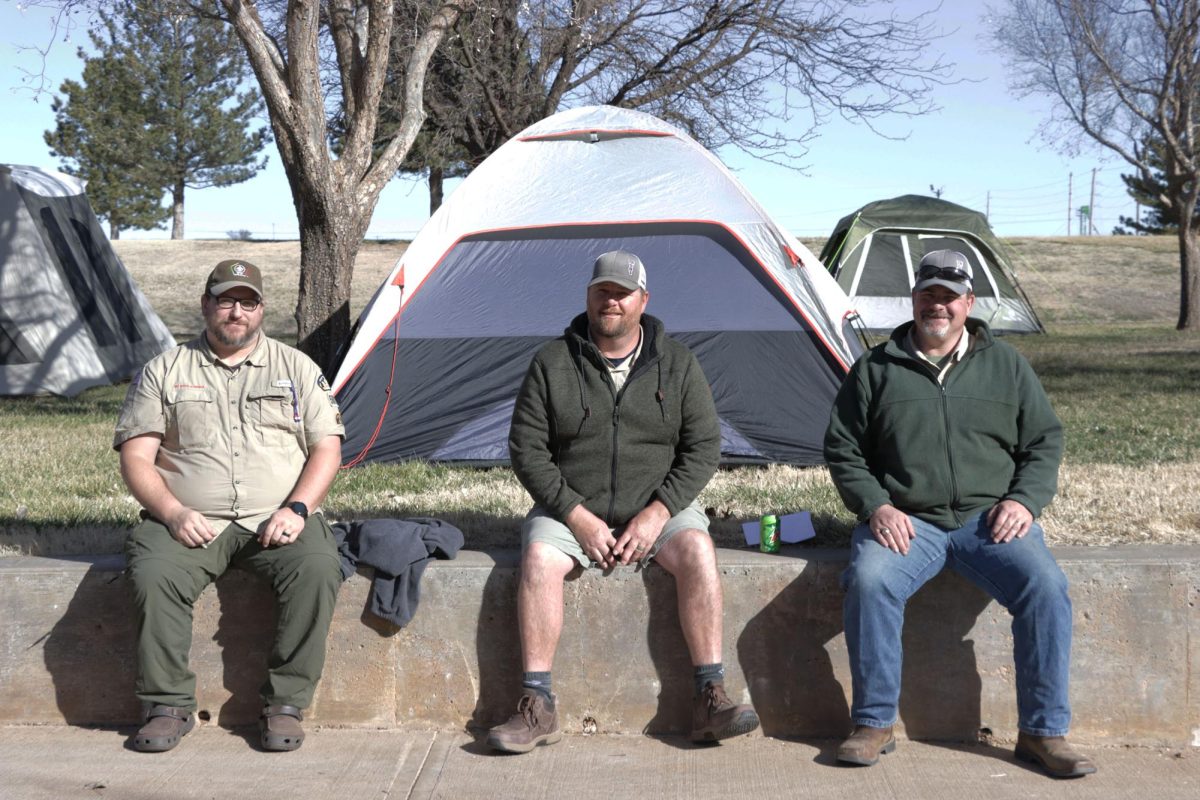


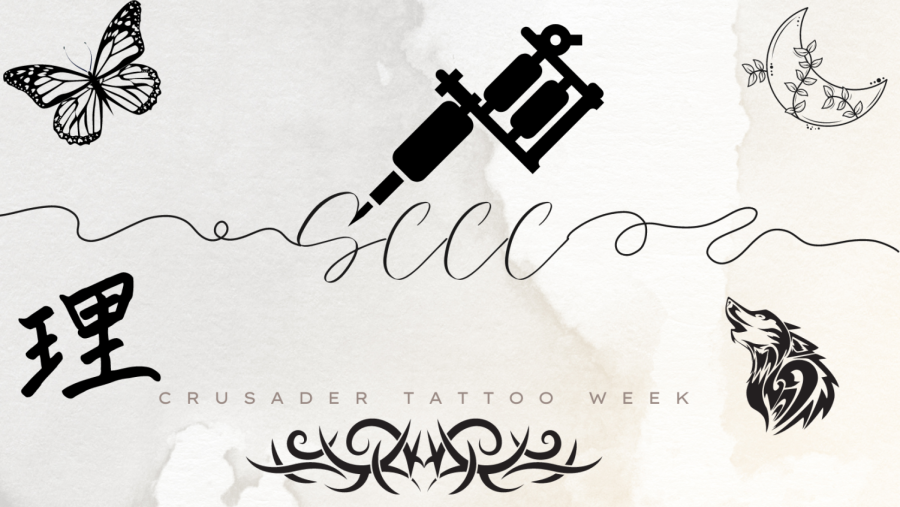








![The sophomores were recognized on the field instead of walking across the stage during their doubleheader. They received their diplomas and a picture of themselves playing during their career at Seward. [Pictured left to right are Dylan Day, Reed Thomas, Jase Schneider, Mason Martinez, Gannon Hardin, Brody Boisvert, and Zach Walker]](https://crusadernews.com/wp-content/uploads/2022/05/WEBDSC_0275-900x454.jpg)


















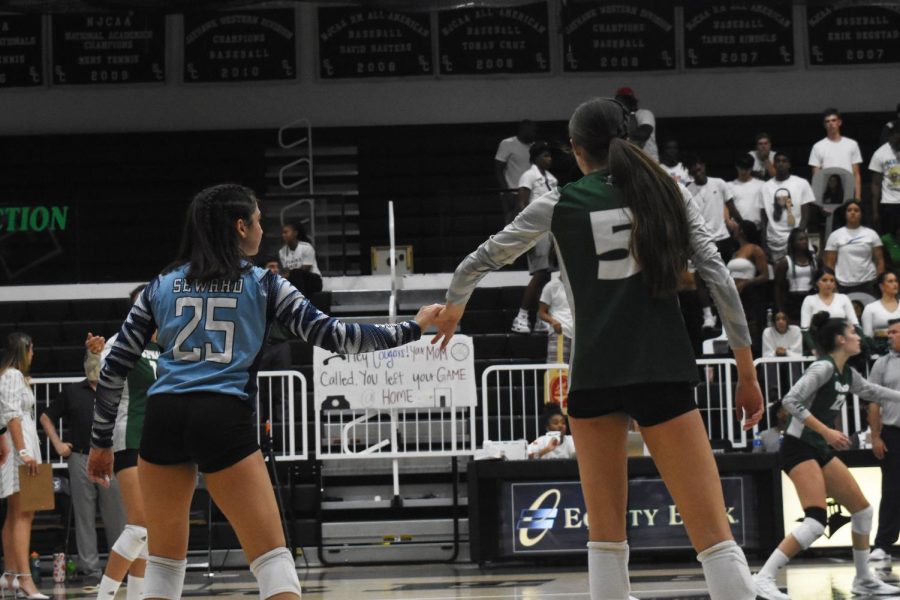
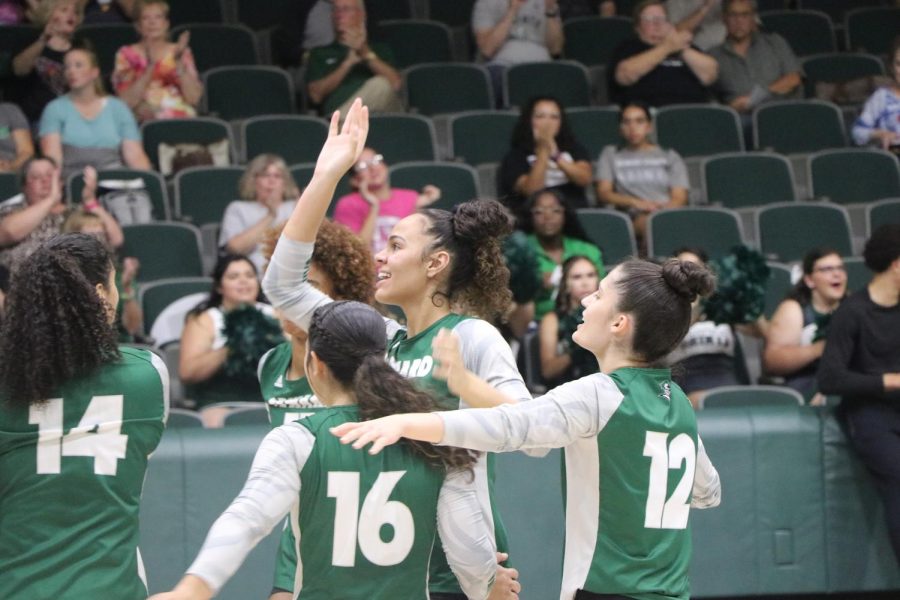



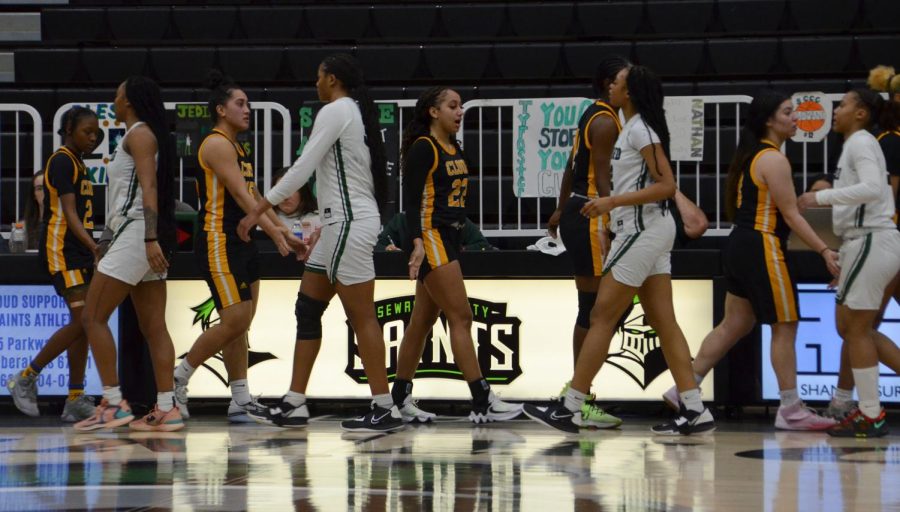




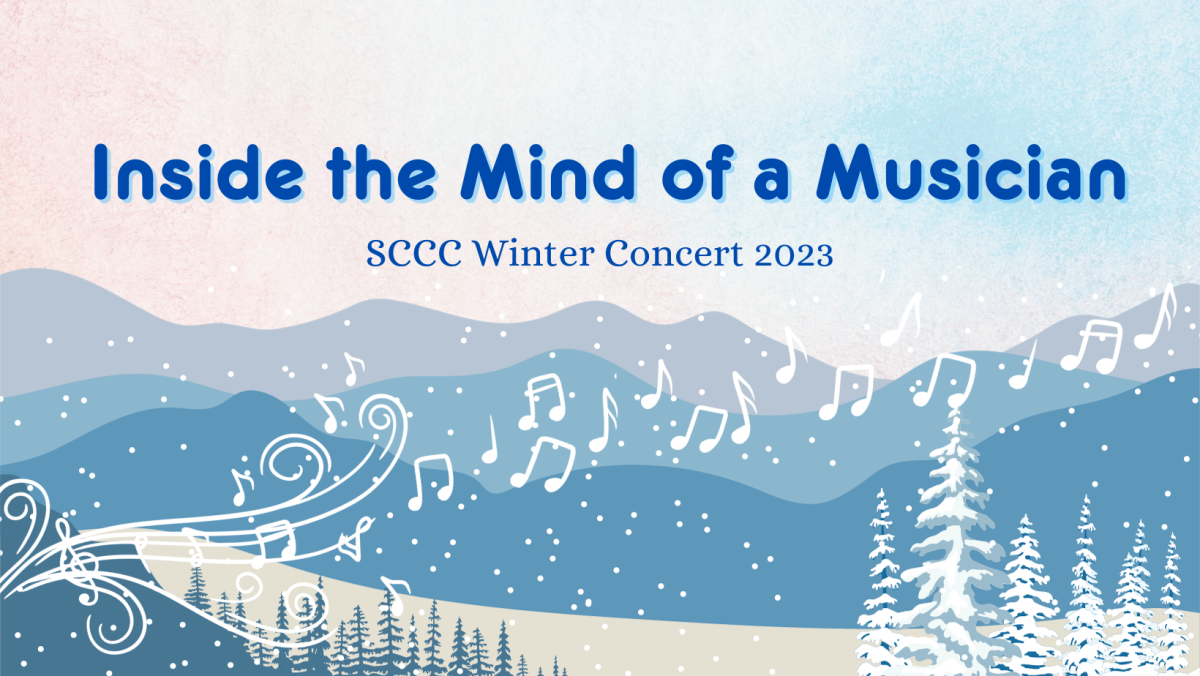







![Marcos Montoya takes a break from working on his personal health from working at the gym. He says “That’s [the gym] my second home, basically. I’m there more than I am at my own house.”](https://crusadernews.com/wp-content/uploads/2023/09/web1UpCloseMarcos1-1200x800.jpg)
